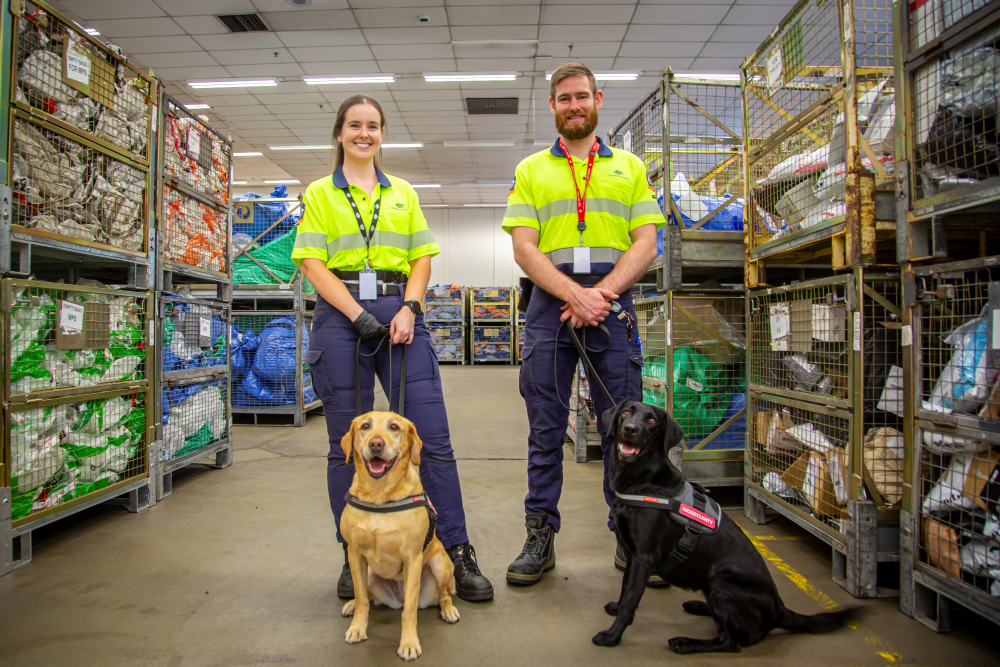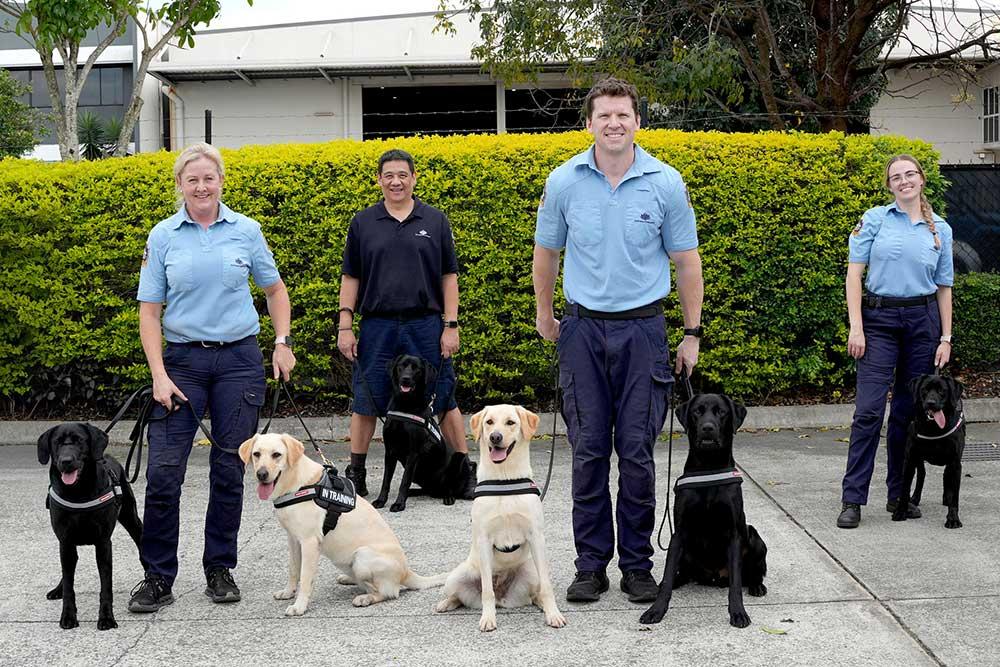An Australia wide waste management business which breached the Biosecurity Act 2015 (Biosecurity Act) by incorrectly dumping imported meat products is the first to be subject to on a new two-year monitoring program.
The Secretary of the Department of Agriculture, Fisheries and Forestry accepted an Enforceable Undertaking from the company. The company will be required to meet several undertakings over the next 24 months. These undertakings include requirements to re-train staff and engage an independent auditor to ensure they are meeting their obligations in relation to their approved arrangement.
The department, which is responsible for managing Australia’s biosecurity risks, authorises individuals and companies to carry out specific biosecurity activities under the Approved Arrangements (AA) system. This allows those entities to manage biosecurity risks of imported goods which are subject to biosecurity controls.
The department’s Secretary, and Australia’s Director of Biosecurity, Andrew Metcalfe AO said any breach of process could have had significant consequences for Australia’s environment, economy, and animal health.
“Approved Arrangements play an important role in the balance between keeping up with the flow of goods into the country and managing Australia’s biosecurity risks. We are keen to work with our partners to ensure our high standards are met and maintained,” Secretary Metcalfe said.
“We see biosecurity as a team effort, and I strongly encourage all Biosecurity Industry Participants to ensure they are complying with the standards laid out in their Approved Arrangements. Our team can be contacted for any support or information.”
The department’s Biosecurity and Compliance Group Deputy Secretary Dr Chris Locke said Australia allows Biosecurity Industry Participants to manage imported goods and containers at Approved Arrangements sites. This reduces delays for businesses importing a wide range of products including food, timber, and plants.
“The department conducts regular compliance checks and auditing to ensure Biosecurity Industry Participants are complying with Australia’s biosecurity laws, which protect our agricultural industries as well as our unique environment and wildlife,” Dr Locke said.
Under the Regulatory Powers (Standard Provisions) Act 2014, Enforceable Undertakings allow for the department to respond to beaches of the Biosecurity Act by requiring entities to come back into compliance and prevent future breaches, including by requiring education and training to improve processes.
If the Enforceable Undertaking is breached, the undertaking may be enforced by the Federal Court which could issue an order directing compliance, require financial benefit from the failure to comply be surrendered and for any associated damages to be paid.
More information about Approved Arrangements.
Fast facts
- Entities may apply for an Approved Arrangement (AA). The department conducts assessments of each application including on-site audits and determination of whether the applicant is a fit-and-proper person.
- There are more than 3600 AAs in Australia (as of 1 December 2022).
- There is a wide range of AA types depending on the type of business activity and the types of goods handled. There are about 70 different classes and sub-classes of AAs including for:
- collecting and transporting biosecurity waste from other businesses who operate AAs as well as from airports and seaports;
- treatment providers (e.g. fumigation businesses) which treat imported goods;
- sea and air freight depots handling imported cargo;
- laboratories working on imported biological material;
- containment and disease screening of imported plants.



